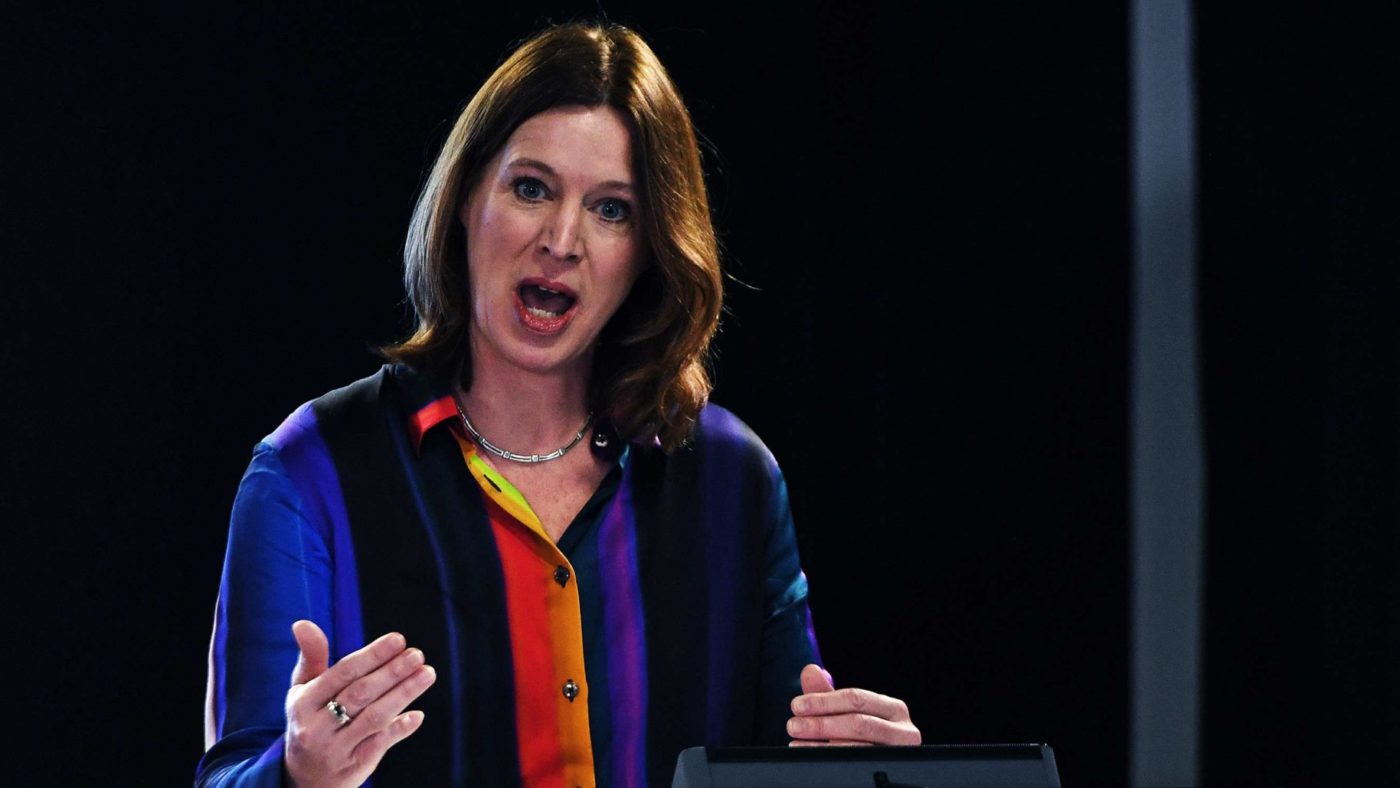There have now been two instances of high profile public health professionals resigning after ignoring lockdown rules they advised or were responsible for enforcing. In between the health tsars falling on their respective swords, Financial Times journalist Mark Di Stefano fell on his, and for a similar reason: engaging in the sort of “gotcha” behaviour he historically excoriated in others.
First Minister Nicola Sturgeon used Dr Catherine Calderwood to front Scotland’s coronavirus campaign. For a time, her face was almost as well-known as Sturgeon’s, so regularly did the two appear side-by-side at briefings. When Calderwood was caught not once but twice visiting her second home, the Scottish Executive was thus placed in an impossible position: dependent on the medic’s advice, but aware that she had been utterly compromised by her failure to follow it.
Professor Neil Ferguson’s situation is a version of the same, magnified into major global news by the widely used model his Imperial College team used to forecast potential coronavirus deaths. His guidance has not been implemented everywhere: not in Sweden (most notoriously), but also not in other countries that are (currently) relative success stories — South Korea, Australia, and Taiwan. It has, however, been followed in the UK and several EU countries, and patchily at the state level in the US. While the UK has managed to avoid the NHS being overwhelmed, neither it nor much of the rest of the EU nor the US are travelling particularly well.
Which is why, when it emerged that Ferguson was bonking his backside off in defiance of his own instructions — his mistress crossed the Thames to see her paramour at least twice — there was a lot of commentary to the effect that neither Calderwood nor Ferguson must have really believed in their own advice. This perception was magnified in Ferguson’s case thanks to his rather irregular sexual arrangements: his married lover is in an “open relationship” and — despite clear rules to the contrary — considers the two households “as one”. Cue endless gags about “Professor Pantsdown, the Bonking Boffin”.
Di Stefano’s departure from the Financial Times was also coronavirus-related. Originally a creature of Buzzfeed and its woke, “always online” culture — first in Australia and then the UK, in January this year he made a quantum leap to the FT. At the height of the pandemic he exploited software insecurities to log in to private conference calls at two rival outlets, a practice called “Zoombombing”. He foolishly used his FT email address and his own mobile telephone to do so, however, which meant both papers knew instantly they had an interloper, and who it was. He then live-tweeted what he saw and heard, including details of sackings, furloughs, and wider financial distress.
I think there’s a deeper explanation for behaviour like this, one that isn’t to do with experts and elites not actually believing in the rules they promulgate for others. It’s not that they don’t believe in the rules, exactly, but that the rules don’t really apply to them.
For 30 years most of the advice given by public health professionals — and especially most of the advice leading to the implementation of coercive state measures — has been targeted at people unlike them. Most of the demographic pool likely to go into public health or medicine do not smoke and consume less refined, sugary food than the population at large. Before Covid-19, Public Health England was spending twice as much on anti-obesity campaigning as on infectious diseases.
The last time phone hacking took place in such a brazen way, it was undertaken by tabloid journalists — notably at The News of the World. As with Di Stefano’s Zoombombing, the “hacking” involved was minimal. Journalists were able to access messages intended for murdered schoolgirl Milly Dowler (and many others) because voicemail inboxes in pre-smartphone days were unsecured. It was a low-tech, lazy way to get a story, and at the time the FT was notable for putting enormous distance between itself and that type of newsgathering. That was for “people unlike them”.
Alcohol is somewhat different because rates of alcohol dependency are similar across the middle (even the upper-middle) and working classes. But here, too, most public health measures have been targeted at patterns of alcohol consumption more common among the working class. See, for example, minimum pricing for retail alcohol, something that’s never going to stop City lawyers and financiers from investing in boutique gins or large wine cellars.
In short, some media and public health professionals haven’t quite internalised the reality that their advice now applies to their own behaviour. This means any other personal character flaws — including illicit affairs and ethically dubious journalism — will be thrown into relief if they ignore it.
Of late, laws and moral codes have often been formulated on the assumption that those who obey them are cognitively inferior to those who make them, which raises a serious issue of legal ethics. To draft or enforce laws in this manner is a violation of the rule of law principle that like cases be treated alike. Or to put it another way, cognitively superior people shouldn’t be allowed to decide what degree of latitude their cognitive superiority gives them (or others of similar cognitive superiority) in obeying the law.
My larger point is not about these three individuals or analogous others (there has been an impressive roll-call of comparable but smaller stories). It’s this: if we’re all in it together, then we cannot have a situation where rules only apply to poor people, or stupid people, or nasty people — “people unlike them”, in short.
Rules are for all of us, and belong to all of us.
Click here to subscribe to our daily briefing – the best pieces from CapX and across the web.
CapX depends on the generosity of its readers. If you value what we do, please consider making a donation.


